The EU has announced plans to pay farmers for carbon through the Common Agricultural Policy and other EU programmes, as well as developing voluntary carbon markets.
The plan is part of a Communication on Sustainable Carbon Cycles which was adopted by the EU Commission on Wednesday 15 December and aims to increase removals of carbon from the atmosphere.
The plan expects to see 42m tonnes of CO2-e stored by 2030 under carbon farming initiatives.
Very importantly plans are afoot to standardise the monitoring, reporting and verification methods which will be needed to trade this carbon.
There will be a call for evidence launched in January 2022
The commission plans to propose an EU regulatory framework in order to certify carbon removals by the end of 2022. This will help to increase carbon farming and removals from the atmosphere. There will be a call for evidence launched in January 2022.
The EU commissioner for agriculture, Janusz Wojciechowski stated: “Agriculture and forestry are our allies in the fight against climate change, they mitigate its impacts by removing carbon from the atmosphere.
“Carbon farming will strengthen the contribution of farmers and foresters to the decarbonisation of our economy, by providing extra income for farmers, while protecting biodiversity, making farms more resilient to natural disasters and ensuring food security.
“Research and innovation will also contribute to this goal, providing further solutions to farmers and foresters.”
Methods
The main methods to increase carbon removals for agriculture and forestry in the plan are outlined below:
Through carbon farming initiative in the CAP and other EU programmes such as LIFE and Horizon Europe’s Soil Deal for Europe research mission.National public funding and private finance will be needed.Standardising monitoring, reporting and verification will be essential in allowing for the development of voluntary carbon markets.Provide knowledge, data management and tailored advisory services to land managers.French farmers being paid for carbon
It was revealed on a Teagasc Signpost webinar this week that farmers taking part in a programme to pay farmers for carbon in France were receiving approximately €30/t for their carbon and this was equating to €9-15,000 per farm over a five-year period.
This carbon was being traded with public and private organisations.
The EU has announced plans to pay farmers for carbon through the Common Agricultural Policy and other EU programmes, as well as developing voluntary carbon markets.
The plan is part of a Communication on Sustainable Carbon Cycles which was adopted by the EU Commission on Wednesday 15 December and aims to increase removals of carbon from the atmosphere.
The plan expects to see 42m tonnes of CO2-e stored by 2030 under carbon farming initiatives.
Very importantly plans are afoot to standardise the monitoring, reporting and verification methods which will be needed to trade this carbon.
There will be a call for evidence launched in January 2022
The commission plans to propose an EU regulatory framework in order to certify carbon removals by the end of 2022. This will help to increase carbon farming and removals from the atmosphere. There will be a call for evidence launched in January 2022.
The EU commissioner for agriculture, Janusz Wojciechowski stated: “Agriculture and forestry are our allies in the fight against climate change, they mitigate its impacts by removing carbon from the atmosphere.
“Carbon farming will strengthen the contribution of farmers and foresters to the decarbonisation of our economy, by providing extra income for farmers, while protecting biodiversity, making farms more resilient to natural disasters and ensuring food security.
“Research and innovation will also contribute to this goal, providing further solutions to farmers and foresters.”
Methods
The main methods to increase carbon removals for agriculture and forestry in the plan are outlined below:
Through carbon farming initiative in the CAP and other EU programmes such as LIFE and Horizon Europe’s Soil Deal for Europe research mission.National public funding and private finance will be needed.Standardising monitoring, reporting and verification will be essential in allowing for the development of voluntary carbon markets.Provide knowledge, data management and tailored advisory services to land managers.French farmers being paid for carbon
It was revealed on a Teagasc Signpost webinar this week that farmers taking part in a programme to pay farmers for carbon in France were receiving approximately €30/t for their carbon and this was equating to €9-15,000 per farm over a five-year period.
This carbon was being traded with public and private organisations.




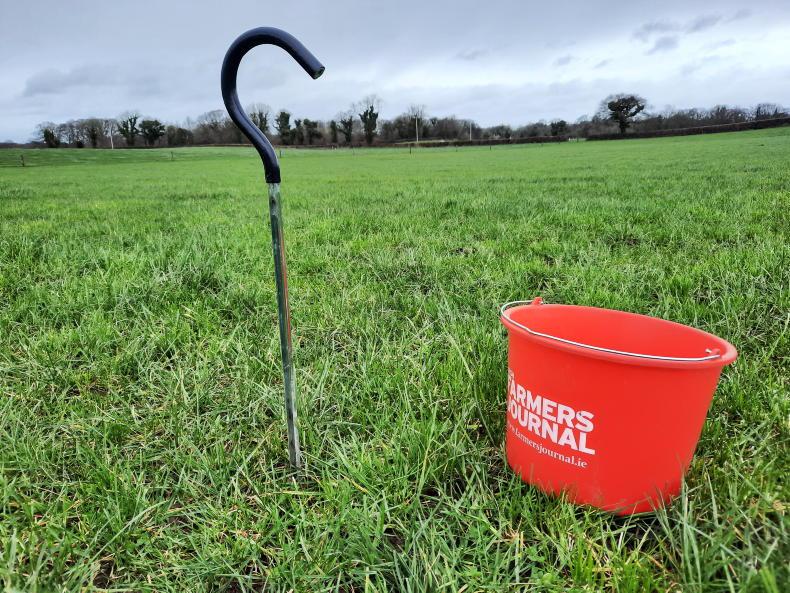
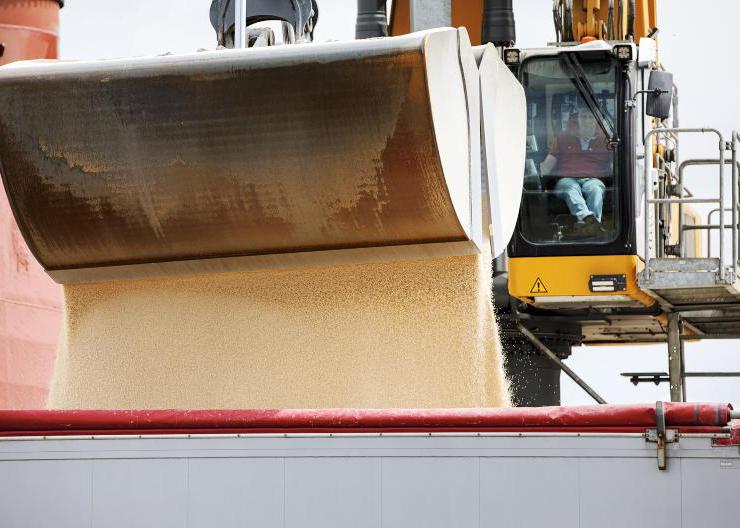

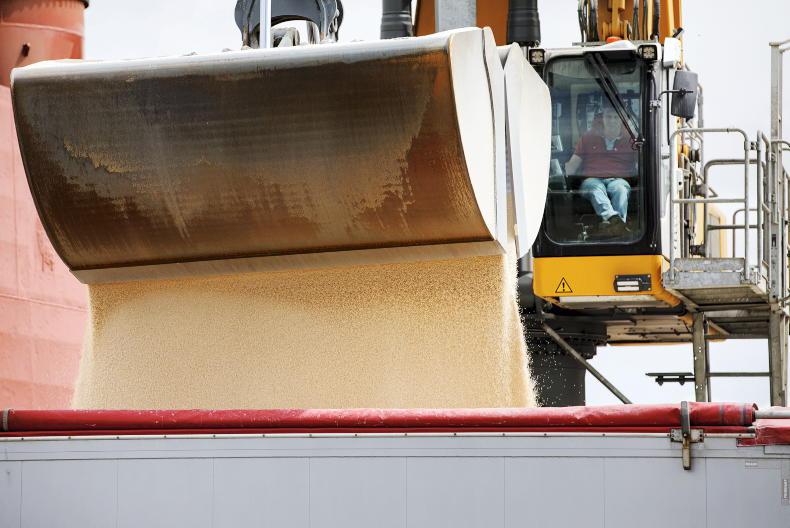
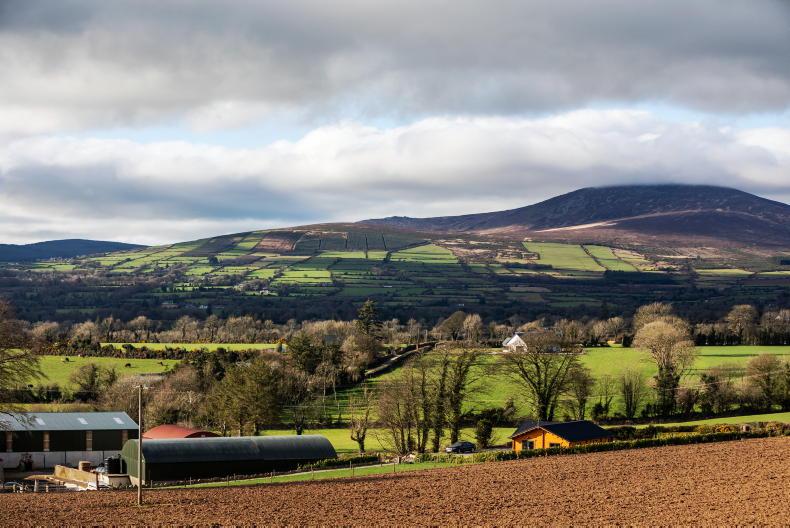
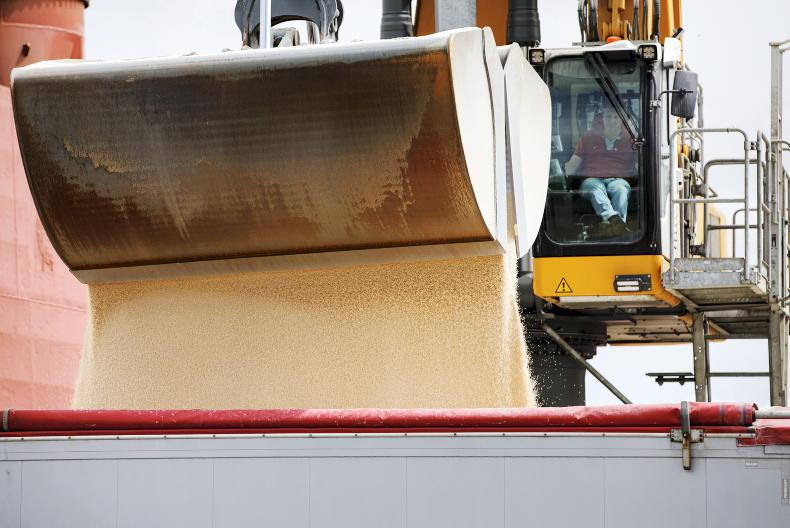
SHARING OPTIONS